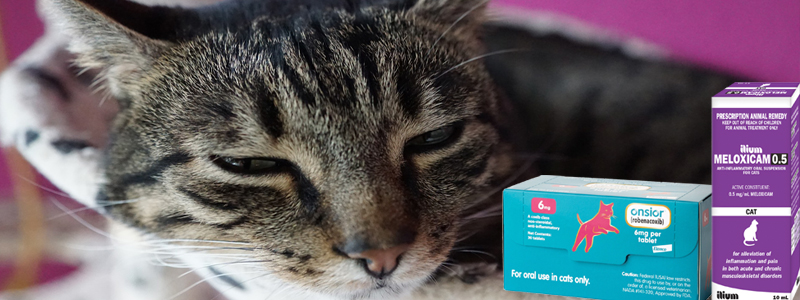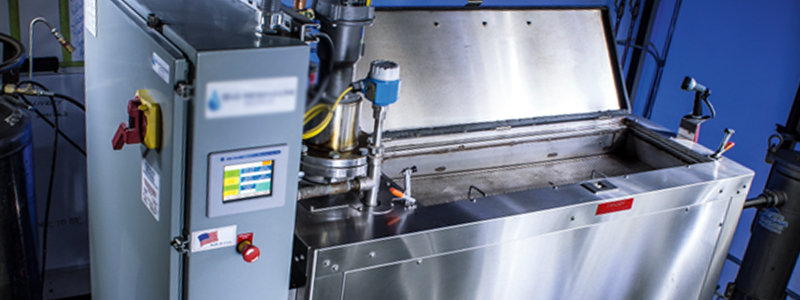BY: SAMANTHA BARTLETT, DVM
The WSAVA Global Pain Council (WSAVA-GPC) evaluated several studies to determine the safety of using NSAIDs in cats with chronic kidney disease and concurrent chronic pain conditions. Chronic kidney disease (CKD) is a common ailment of older cats affecting up to 40% of cats over the age of 10 and 80% of cats over 15 years of age. Many of these cats also suffer from painful conditions such as osteoarthritis, periodontal disease and cancer. It is estimated that 70% of cats with CKD also suffer from osteoarthritis, yet non-steroidal anti-inflammatory drugs (NSAIDs) are generally contraindicated in animals with CKD.
NSAIDs work by inhibiting cyclooxygenase enzymes (COX) in cells. COX enzymes are necessary for biosynthesis of prostaglandins that play a role in renal perfusion and regulation. Thus, it has been speculated that NSAIDs could contribute to renal toxicity in renal compromised patients.
Researchers found long-term NSAID therapy to be safe in cats with osteoarthritis for 6 months. During this study, researchers saw no difference in serum creatinine levels between the meloxicam and the control group. Following this study, researchers set out to determine if NSAIDs could be safely administered to cats with CKD and found that NSAIDs can be administered safely to cats with stable CKD.
WSAVA-GPC suggests that stable CKD indicates a stable patient with minimal changes in body weight and creatinine for at least 2 months and controlled concurrent conditions. Cats at IRIS stages 3 and 4 are not typically studied in NSAID research. It is recommended that the lowest effective dosage be used and may be titrated up or down based on patient response. The average dose of meloxicam in one retrospective study was 0.02mg/kg.
It is important to note that not all CKD cats are candidates for NSAID therapy. The clinician should take into account the pet’s overall health and have a detailed discussion with the owner of the risks vs. benefits of NSAID administration. In addition, it is important to educate owners on the signs to look for when administering NSAIDs to renal patients. Do not forget to take into account other treatment modalities that are available. WSAVA-GPC does not advocate for any NSAIDs other than meloxicam and robenacoxib in cats with CKD.











